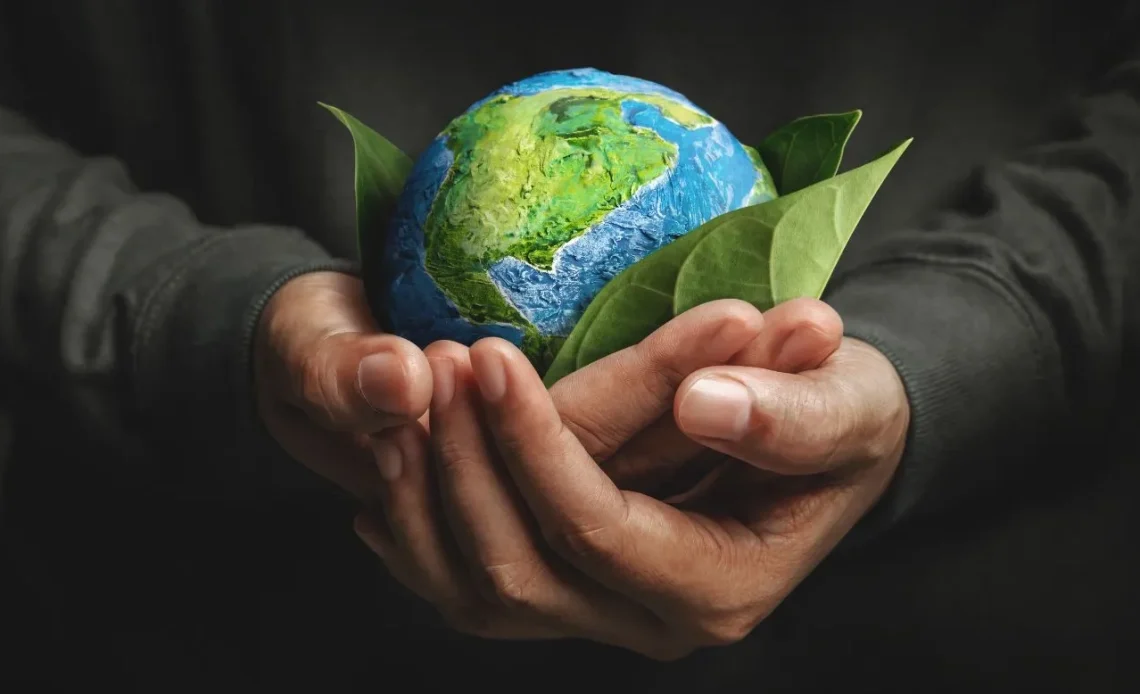
Nature Conservation Day (July 28) is an annual observance that highlights the importance of protecting and conserving our natural environment. This day serves as a reminder to individuals and communities worldwide about the significance of preserving nature’s bountiful resources and the need to adopt sustainable practices. By understanding the history of Nature Conservation Day, we can better comprehend its significance and inspire collective action to safeguard our planet for future generations.
History of the Nature Conservation Day
The origins of Nature Conservation Day can be traced back to the global environmental movement that gained momentum in the late 20th century. During this time, concerns about the deteriorating state of the environment and the alarming rate of species extinction became increasingly prominent. People recognized the urgent need to take action to protect and conserve our natural resources.
In 1972, the United Nations Conference on the Human Environment, held in Stockholm, Sweden, marked a significant milestone in the global environmental movement. It was during this conference that the concept of sustainable development was formally introduced. The conference emphasized the need to balance economic development with environmental preservation, urging nations to adopt policies that would promote conservation and protect natural resources.
Inspired by the outcomes of the Stockholm Conference, various organizations and environmentalists across the globe started advocating for the preservation of nature and the adoption of sustainable practices. These efforts led to the establishment of numerous national parks, wildlife reserves, and protected areas worldwide. Additionally, awareness campaigns were launched to educate the public about the importance of conservation.
Significance of the Nature Conservation Day
Nature Conservation Day holds great significance in the modern world, where rapid industrialization and urbanization have placed immense pressure on our natural ecosystems. Here are some reasons why this day is vital:
Raising Awareness
Nature Conservation Day plays a crucial role in increasing public awareness about the importance of conserving our natural environment. It serves as a platform to educate individuals about the consequences of environmental degradation and the ways they can contribute to conservation efforts.
Biodiversity Preservation
Our planet is home to a remarkable array of plant and animal species. Nature Conservation Day emphasizes the importance of biodiversity and the need to protect and restore ecosystems. Preserving biodiversity is vital for maintaining ecological balance, as every species contributes to the functioning of our ecosystems.
Climate Change Mitigation
The conservation of natural habitats and forests is crucial in mitigating climate change. Forests act as carbon sinks, absorbing and storing carbon dioxide from the atmosphere. By protecting forests and promoting reforestation efforts, we can help reduce greenhouse gas emissions and combat climate change.
Sustainable Resource Management
Nature Conservation Day promotes the sustainable use of natural resources. It encourages individuals and communities to adopt practices that minimize waste, conserve water, and promote renewable energy sources. Sustainable resource management is essential for ensuring the availability of resources for future generations.
Engaging Communities
This day serves as a platform to engage communities and encourage their active participation in conservation initiatives. It fosters a sense of responsibility and ownership among individuals, inspiring them to take action in their daily lives and become stewards of nature.
Nature Conservation Day serves as a reminder of our collective responsibility to protect and conserve the natural world. By understanding the significance of this day and its historical context, we can be motivated to take action to preserve our natural heritage. Let us celebrate Nature Conservation Day by reaffirming our commitment to sustainable practices, raising awareness, and working together to safeguard our planet for future generations.

